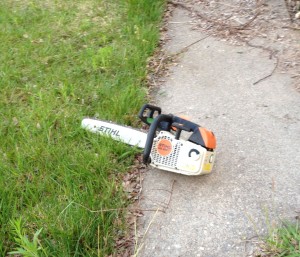The Elements of a Product Liability Claim
WHAT DOES A PLAINTIFF HAVE TO PROVE TO CREATE A CLAIM FOR A DEFECTIVE PRODUCT?
In order to create a claim for product liability, the plaintiff must prove:
— The product was defective (in accordance with the laws that establish what it means to be “defective”)
— A causal connection between the product’s producer and the defect (meaning, the product was defective when it left the defendant’s plant)
— The plaintiff suffered physical injury; and
— The injury was caused by the defect (as opposed to being caused by something else, with the defect merely being “present” but not “responsible”)
Strict liability does not apply to all products. Some products are expressly excluded, and some manufacturers and other defendants are exempt from being sued on a strict liability theory. Therefore, it’s important for injured plaintiffs to find and hire an attorney with experience in products liability actions.
DISCLAIMERS MAY NOT PREVENT A DEFENDANT’S LIABILITY
California courts have held that “no written agreement can…allow a supplier of defective products to avoid strict products liability.” This means that disclaimers–on the product or otherwise–are generally not sufficient to exempt the defendant from liability if the product is defective and strict liability law applies. This is because the law of products liability stems from a policy choice to hold manufacturers liable for releasing defective products into the marketplace, and the courts and legislature are unwilling to allow a manufacturer to circumvent that policy with a warning.
NO PURCHASE REQUIRED
An injured plaintiff did not have to purchase the defective product in order to sue on a products liability theory. The product did not have to be offered for retail sale–even “freebies” can give rise to products liability actions in proper circumstances.
The key is the defendant sending the defective product into the stream of commerce. Once the defendant releases defective goods into the “marketplace” (even for free distribution), if the defendant and product are governed by strict liability law, and the product is defective, claims may arise if the product causes injuries.
***















